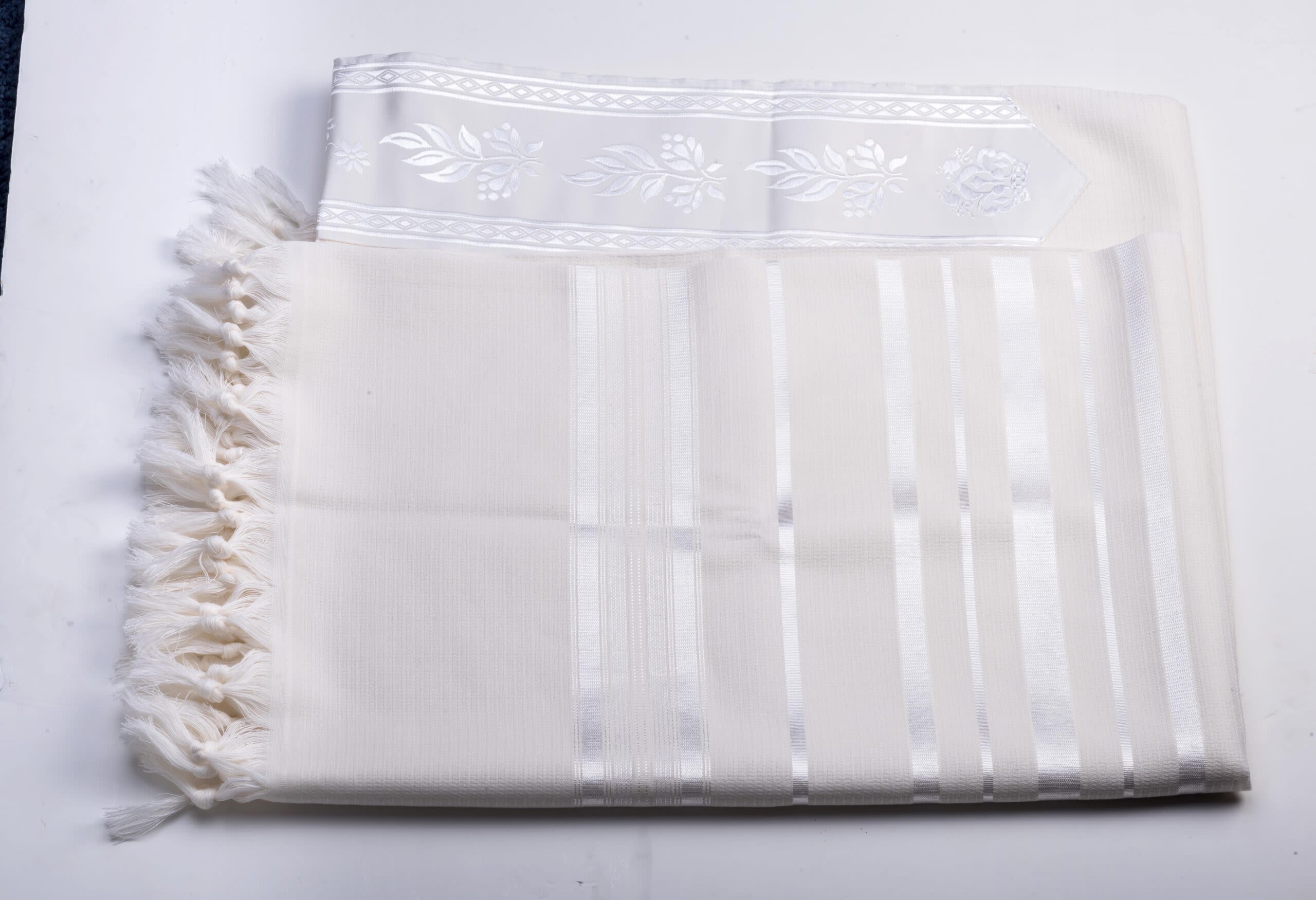
Chukat: The Root of Anti-Semitism
According to the first principle of emuna, everything comes from Hashem. Why then did Hashem program the nations of the world with so much aversion to Jews?

"And Edom refused to allow Israel to pass through its border…" (Numbers 20:21).
King Solomon teaches us that the hearts of kings are in the hand of Hashem.[1] Our first principle of emuna is that Hashem alone did, does and will do everything. Therefore, when we suffer at the hand of the nations, the way to solve the problem is to make peace with Hashem rather than to fight them.
In this week's Torah portion, Edom refuses to allow the Children of Israel to pass through its borders on their way from Sinai to the promised Land of Israel. Why? Rashi explains in his elaboration of the above passage that Moses told the Edomites, “Even though we have manna to eat and a well to drink from, we won't use them, but we will purchase bread and water from you, for your gratification.” We all know that the Jewish People were fabulously wealthy from the Red Sea spoils when they left Egypt. And, the Edomites always had a reputation of being slick and money-hungry merchants who were more than ready to pocket a fast dollar. So, why didn't they take advantage of the situation? Edom could have charged whatever it wanted for a loaf of bread and a jug of mineral water, and Moses would have ordered the Jews  to pay the price. What happened?
to pay the price. What happened?
Hashem didn't want the Jewish People to have any social contact with the Edomites, whether on a commercial level or on a friendly level where they eat and drink together. Although Talmudic law forbids Jews from eating bread baked by non—Jews or food cooked by non-Jews,[2] this of course was before the rabbinical ordnance of the Talmud and Moses could certainly allow it. Yet, Hashem intervened and turned the Edomites hearts against the Jews despite the tremendous profits they could have made. Why?
Our sages teach[3] that the root of the rabbinical ordnance that prohibits a Jew from eating the bread and cooking or drinking the wine of a non-Jew is to prevent intermarriage and assimilation. In the words of the Gemara, if they break bread or drink wine together, they'll end up marrying each other or marrying their children off to each other. And, if a Jew marries a non-Jew, he'll end up bowing down to her gods and following her idolatry. To this very day, it rarely goes the other way.
Rabbi David Halevi, the holy “Taz” of saintly and blessed memory, writes[4] that Hashem implants animosity against Jews in the hearts of the nations of the world to prevent intermarriage and assimilation.
Historically, we see that wherever Jews suffered the most from their host nation, as in the Arab countries, there was virtually no assimilation. Yet, in the emancipated countries such as the United States, Canada, France and the United Kingdom, assimilation and intermarriage are alarmingly high.
With the above in mind, after having given the Jewish People the Torah on Mount Sinai, Hashem certainly doesn't want them to spiritually crash-land by mingling with the Edomites. Hashem therefore instilled the Edomites with a hatred of the Jews, so much so that the Edomites were willing to pass up easy profits instead of letting them make a shortcut to the Land of Israel by way of their borders.
Judaism is in no way discriminatory. A Jew is commanded to love and respect all of mankind. Yet, as the nation of Torah, we live according to Torah and not according to social convention and non-Jewish values. Yet, every time in history when a Jew tried to forsake his own tradition and to assimilate and blend in with the host nation, such as in pre-Nazi Germany, tragedy arose. So like everything else Hashem does, by putting animosity in the hearts of the nations against us, this too is all for the best.
[1] Proverbs 21:1
[2] See Shulchan Aruch (Code of Jewish Law), Yorah Deah, Ch. 112-113
[3] See Gemara, tractate Avoda Zara, second chapter, page 36a-b
[4] “Taz”, commentary on Yora Deah, Ch. 152, a












Tell us what you think!
Thank you for your comment!
It will be published after approval by the Editor.